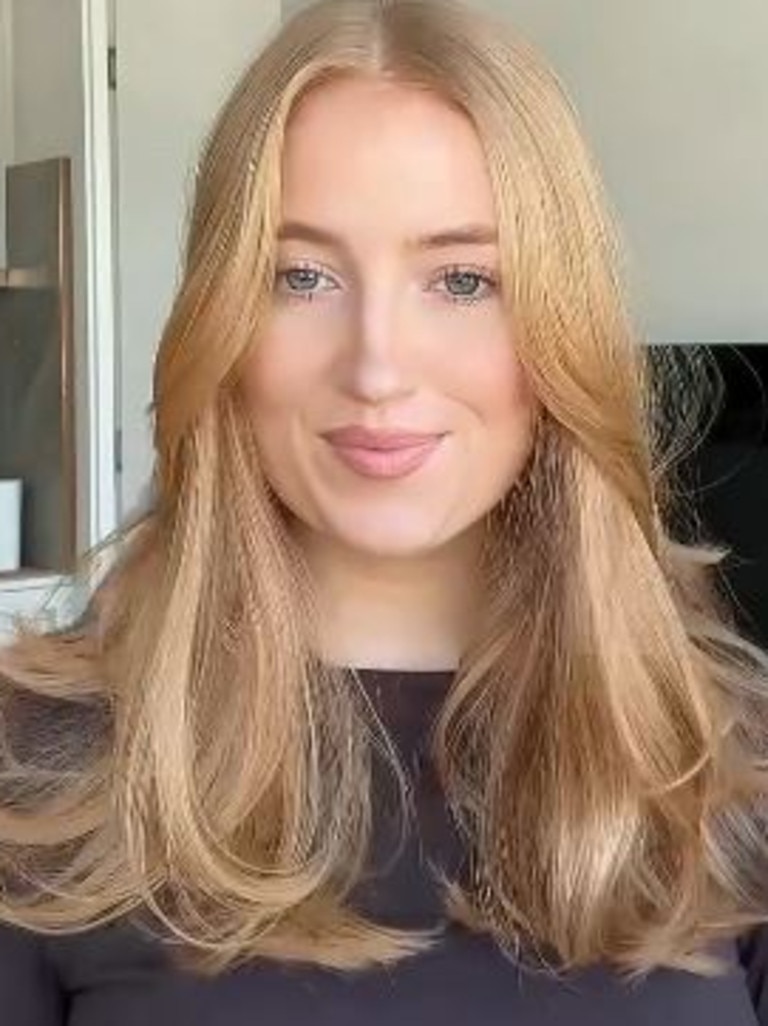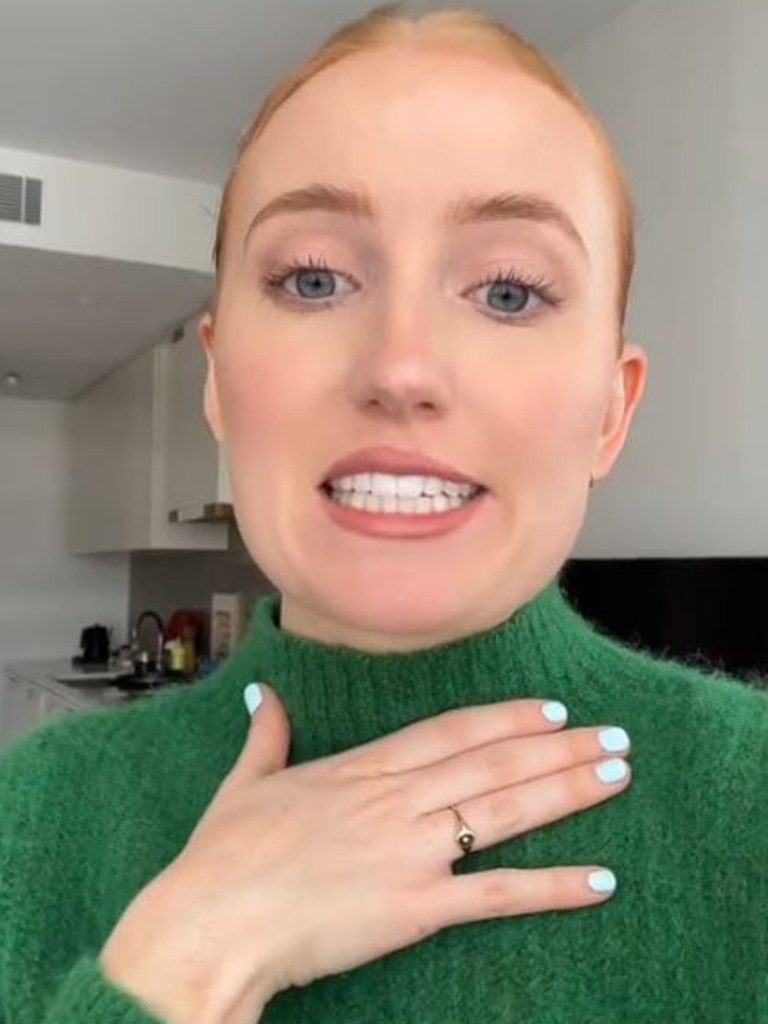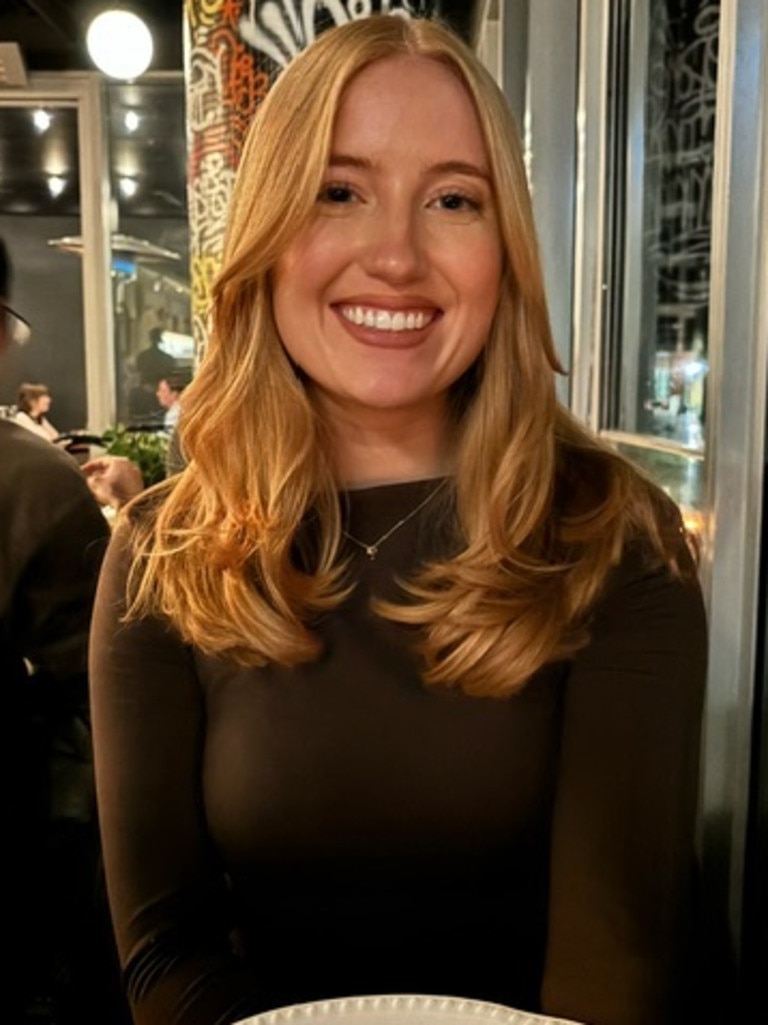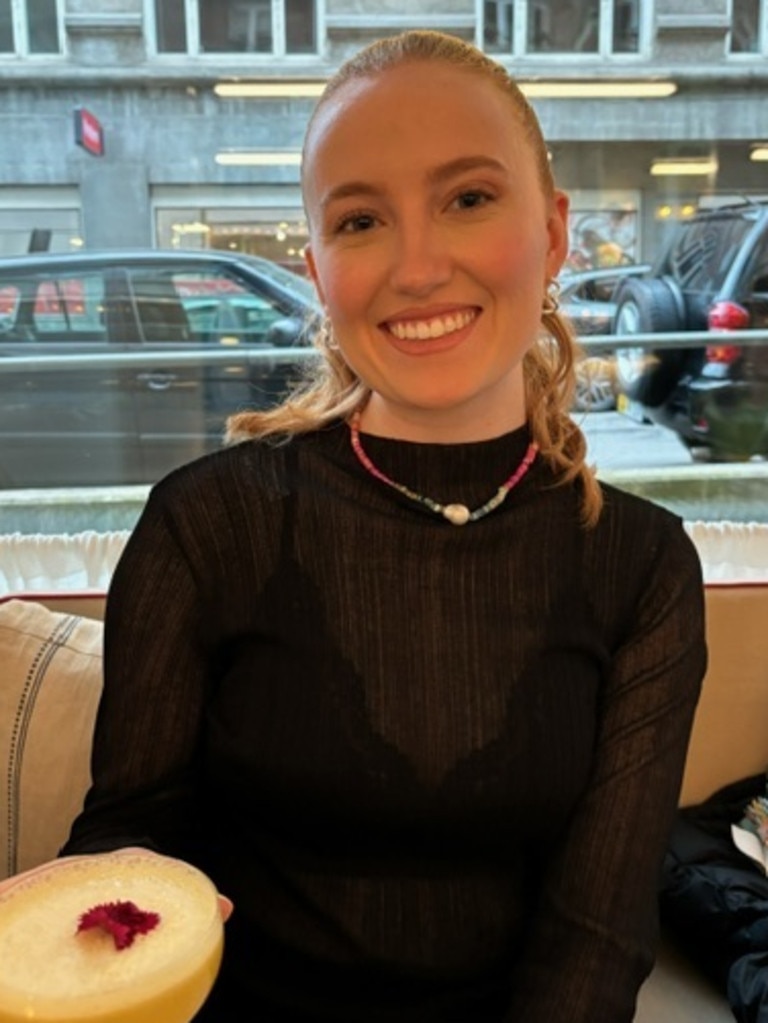28yo reveals reality of trying to save for a house in 2024
A young woman who earns a decent wage has revealed exactly what she earns why it isn’t “enough” in Sydney.
Even with a $110,000-a-year salary, this young Sydneysider fears she’ll never be able to afford to buy a house in Sydney.
Bridie Morgan, 28, explained that she’s never been “terrible with money”, but admitted she’s only recently started to develop a spending plan.
“I’d always say, I’d want to save like $2000 per month, but I could never quite do that. I’d never know when bills were coming out,” she told news.com.au.
Online, she’s been sharing how she budgets her fortnightly salary, which works out to be $2605.97.
It sounds substantial, but it pretty quickly gets eaten up by cost-of-living expenses.
After getting paid, she immediately puts $2102.50 into her shared account with her partner.
This account covers rent, gas, electricity, internet, and groceries.
At the end of the pay cycle, she and her partner will transfer whatever doesn’t get eaten up by general bills into a savings account.


From there, she has just over $500 left until the next pay cheque.
Her ordinary life, health and beauty appointments and subscriptions cost her $391.28, leaving with her $112.09.
But she recently decided that she wants to “take control” of her spending, having come to terms with the fact that her future is looking expensive.
She wants to buy a home with her partner and has a wedding to save for. Even though she’s earning a salary she feels “lucky” to take home, she’s still living in an expensive city.
“I’m very happy with my salary, and I feel like I’m very lucky, and I can put a bit more away and save a bit more,” she said.
The problem is that the median house price in Sydney has now reached more than $1.5 million, and the medium apartment price has ballooned to $1 million.
“It is not quite enough to save for a house. I’m lucky because I have a partner, and we can buy a house together, but if I were single….”


Ms Morgan said she’s always looking online at real estate in Sydney, and instead of feeling excited, it feels overwhelming and out of reach.
“It is so disheartening and things seem so overpriced. Sometimes you’ll put up a filter to look at things you can’t afford, and you’re like, if only I earn that much,” she said.
“I don’t want to leave the city, but then I can’t afford a house. So do I want the lifestyle or do I want a house?”
She’s also now more worried about her financial future, she recognises she earns good money now, and she always plans to lean into her career, but she doesn’t think it is likely she’ll end up earning that much more over the next decade or so.
“It is also a bit scary and I don’t want to be a CEO, and I want a comfortable job, and so knowing that isn’t going to get me $300k - $500k per year. It is scary knowing I might not be able to earn everything I want.”


Financial comparison website Finder has found that young Australians need at least 12 years to save for a deposit for the average unit and 16 years for the average house if they started saving today.
Finder’s analysis shows the situation is the worst in NSW where households need on average two decades of savings for a house deposit, amounting to $470,660.
In order to afford the average Australian house, you currently need a minimum household income of $196,754. In 2020, you needed a minimum household income of $95,725. That’s a 106 per cent increase.
In 2024, you need to be earning a staggering $148,392 more than what you needed in 2020 in order to afford the average house in Sydney. Just that increase alone is more than what most people make in a year.
Home loans expert Richard Whitten told news.com.au that home ownership is becoming an “unrealistic dream” for many Australians.
“Especially in markets like Sydney. The salary needed to buy a home has skyrocketed, far outpacing wage growth,” he said.
“Rising property prices and interest rates have made homeownership even less affordable than in 2020.”
Mr Whitten said that first time buyers should make sure they don’t overextend themselves when entering the property market.
“When you’re looking at what you can afford, aim to spend no more than 30 per cent of your income on mortgage repayments, ideally with a buffer,” he advised.
“Explore government schemes, incentives, and grants that might give you a leg up. When buying a home, shop around for the most competitive mortgage rate to minimise your biggest expense.”






